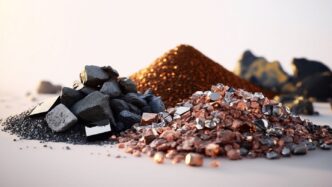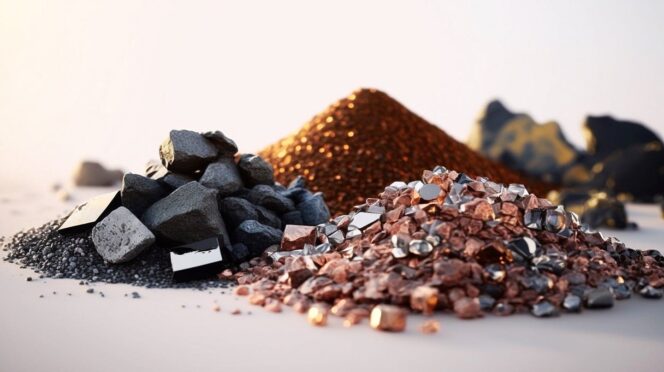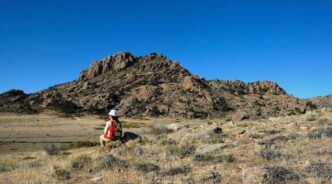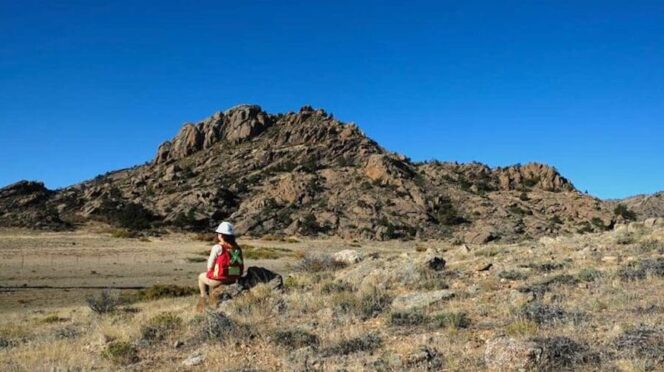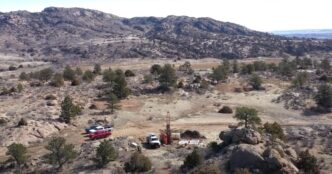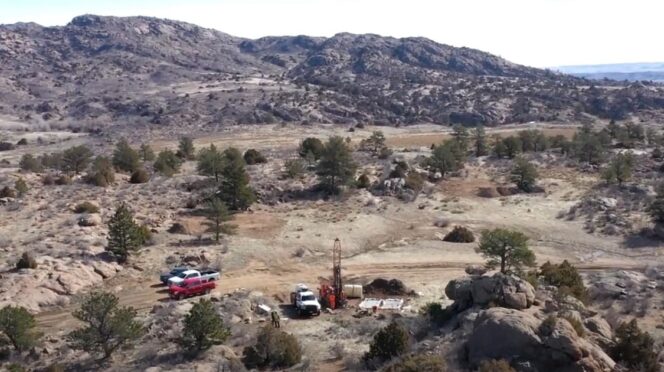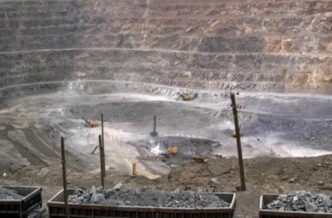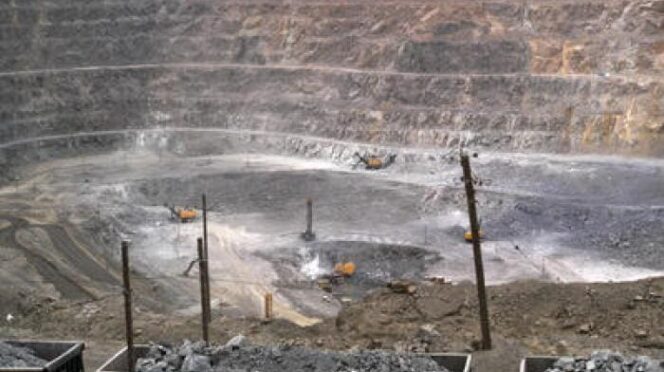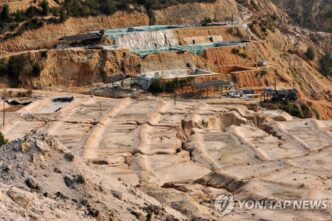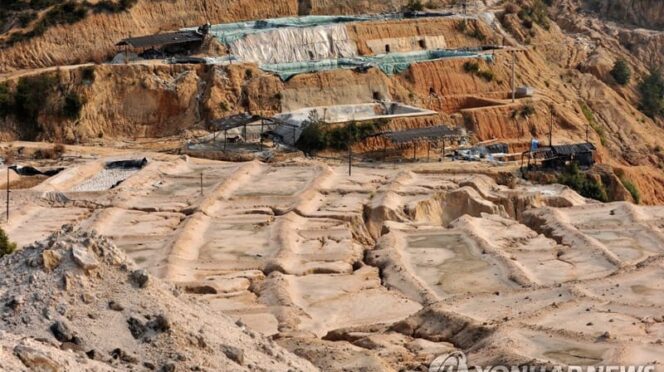India Proposes Establishment of India-Central Asia Rare Earths Forum During Second India-Central Asia NSAs Meeting
India has proposed the establishment of an India-Central Asia Rare Earths Forum during the Second India-Central Asia NSAs meeting. The forum aims to enhance cooperation in rare earth and strategic mineral sectors, fostering partnerships built on mutual benefit, transparency, and long-term goals. Each of the five countries in Central Asia boasts abundant natural and mineral resources, with Kazakhstan standing out for its vast quantities of commercially valuable minerals.
Turkmenistan holds the world’s fourth-largest reserves of natural gas and possesses substantial amounts of cotton, uranium, petroleum, salt, and sulphur. Uzbekistan is endowed with gas, uranium, cotton, silver, and gold, while Tajikistan and Kyrgyzstan possess significant freshwater resources. India, despite being rich in energy and natural resources, still faces an energy shortfall, especially in the Central Asia region.
The synergy between India and Central Asia is evident, but the challenge lies in efficiently transporting these resources. The Turkmenistan-Afghanistan-Pakistan-India (TAPI) pipeline initiative aims to address this challenge. Furthermore, India has been procuring yellowcake for its nuclear plants from Kazakhstan since 2009. Central Asia and Mongolia are considered the Saudi Arabia of rare earth elements (REEs). The region is abundantly endowed with REEs, according to the United States Geological Survey.
Central Asia’s potential in REEs is primed for substantial public and private investment, offering promising avenues for Indian investment and collaboration. India exported goods worth USD 125.97 million to Azerbaijan in 2020, with a significant portion comprising mineral fuels and oils. The Rare Earth resources in India are reported to be the fifth largest in the world, requiring a long-drawn ecosystem in the value chain to move from reserves to finished products.
The outcomes of the COP28 climate summit in Dubai have focused on ambitious targets for renewable energy utilization and energy efficiency, crucial for aligning with the Paris Agreement objectives. Rare earth elements play a pivotal role in fueling the transition towards a cleaner, healthier economy, supporting various green industries and emerging technologies.

